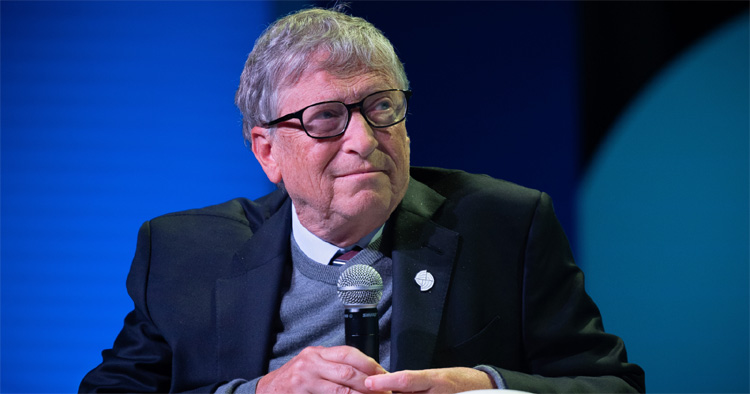Bill Gates says three-day work week possible: ‘Purpose of life not just job’
Bill Gates envisions a future where technology, while not replacing humans, could usher in a three-day work week.
In a recent episode of Trevor Noah’s “What Now?” podcast, Bill Gates, co-founder of Microsoft, shared his perspective on technology and work. When Noah asked about the threat of artificial intelligence to jobs, Gates showed optimism that it would free up labour for more constructive work.
“The purpose of life is not just to do jobs. So if you eventually get a society where you only have to work three days a week or something, that’s probably OK,” Gates said.
Gates showed a future where machines handle essential tasks, reducing the need for strenuous human labour.
Drawing parallels with generational shifts in labour, he highlighted the evolution from a grandfather who deemed farming the only real job to a father engaging in diverse work. He added that today merely 2 per cent of Americans are involved in farming, a departure from traditional views.
Gates suggested that if technological advancements proceed at a reasonable pace and the government supports those adapting to change, it can be positive. He emphasised the importance of aiding individuals in acquiring new skills for a harmonious transition.
“Software makes things more productive. But eventually, you know, if you free up human labour, you can help elder people better, have small class sizes. You know, the demand for labor to do good things is still there if you match the skills to it,” Gates added.
In a blog post titled “The Age of AI has begun” in March, Gates conveyed his confidence in AI-driven software’s potential to revolutionise education. He lauded the creation of ChatGPT as a groundbreaking technological showcase, drawing parallels to his introduction to the graphical user interface in the 1980s.
Inspired by his initial encounter with the GPT model, Gates has been contemplating AI’s potential over the next decade. He said that these AI-driven tools need to be accessible to low-income countries and marginalised communities.

